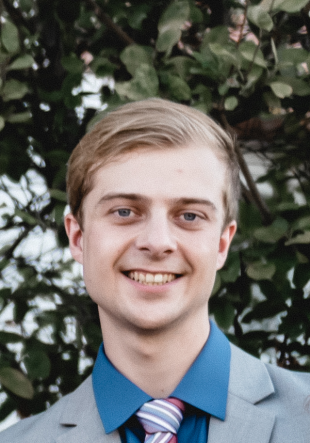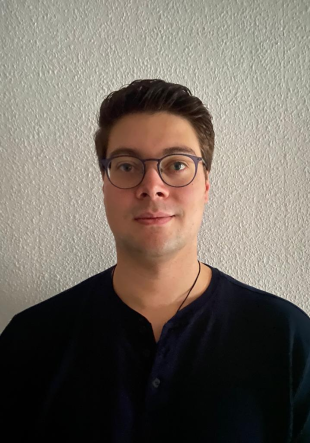Digital Speech Signal Processing
Short Description
The course introduces the basic techniques and theories of digital speech signal processing. A focal point of the first part of the lecture is the topic “Listening and Speaking”, which is concerned with psychological effects of human sound perception and speech production. Subsequently, time discrete signals and systems, as well as computer based data processing are discussed. Further topics are non-parametric short-time analysis of speech signals, speech coding and IP-phones.
Contents
- Listen and talk
- Generating voice: human vocal tract, source filter model, vocoder
- Acoustic waves
- Listen: human ear, psycho acoustics and physiology of listening, loudness, acoustic occlusion, frequency groups
- Time-discrete signals and systems
- Basics: Elementary signals, LTI systems
- Transformations: Fourier transformation of time-discrete signals, DFT, FFT
- Time-discrete filtering in frequency domain: Overlap-Add, overlap-Save
- Statistical speech signal analysis
- Basics in theory of probabilities
- Short-run analysis of speech signals: Spectrogram, cepstrum
- Estimation of speech signals
- Optimal filters
- LPC analysis
- Spectral filtering for noise suppression: spectral subtraction, Wiener filter
- Adaptive Filters: LMS adaptation algorithm, echo compensation
- Speech coding
- Time domain coding: signal shape coding, parametric coding, hybride coding techniques
- Frequency domain coding
- Amplitude quantization: uniform quantization, quantization with companders (µlaw, alaw)
Learning Outcomes & Competences
After attending the course, the students will be able to
- analyze digital signals, e.g., audio signals, in the time or frequency domain,
- represent audio signals efficiently and
- implement widely-used algorithms for speech analysis and speech processing in the frequency or time domain.
The students
- are able to explain effects in real signals based on the theoretical knowledge,
- are able to investigate theoretical approaches by a systematic analysis and
- are, due the precise treatment of the contents, in a position to continue their learning themselves
Implementation
- Lectures using the blackboard and presentations,
- Alternating theoretical and practical exercise classes with exercise sheets and computer and
- Demonstration of real technical systems in the lecture hall.
Proposed literature
- P. Vary, U. Heute, W. Hess: Digitale Sprachsignalverarbeitung : Teubner Verlag 1998 : Good textbook.
- J.R. Deller, J.G. Proakis, J.H.L. Hansen: Discrete-Time Processing of Speech Signals : IEEE Press, 2000 : General topics on speech signal processing
- Oppenheim, Schafer: Digitale Signalverarbeitung : Good textbook on speech signal processing





